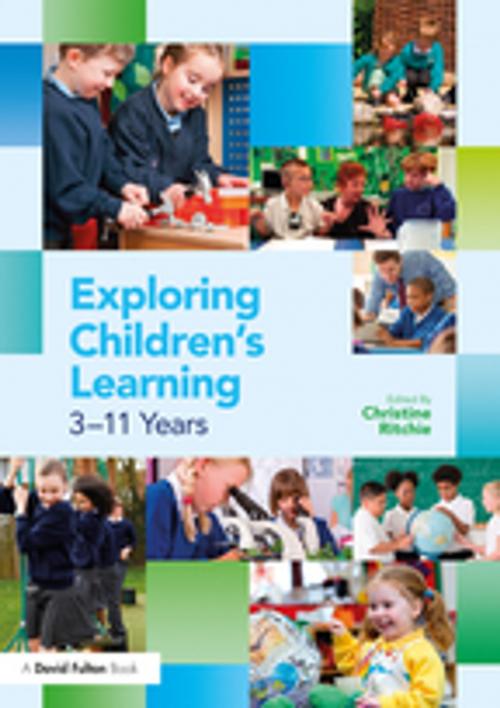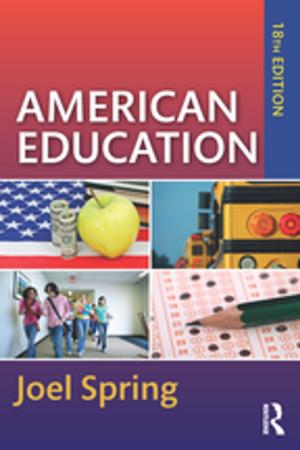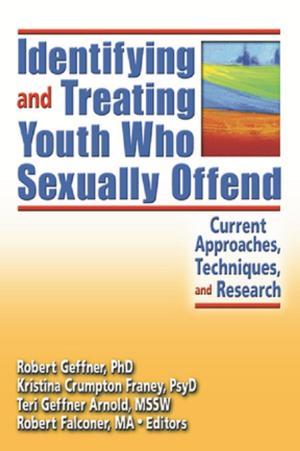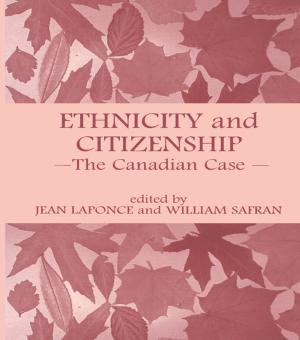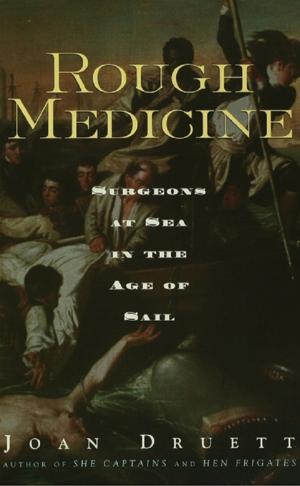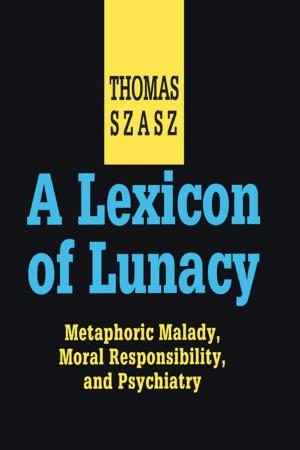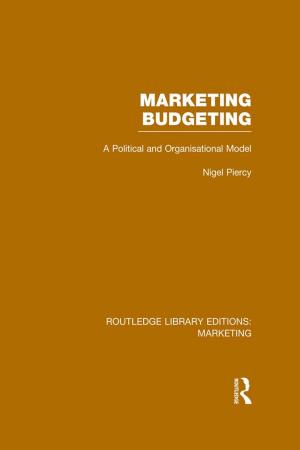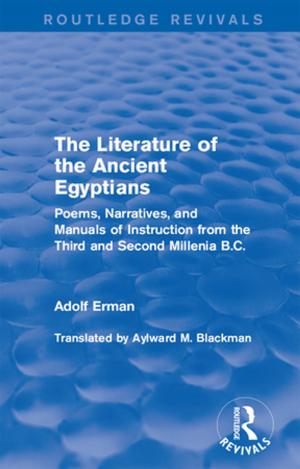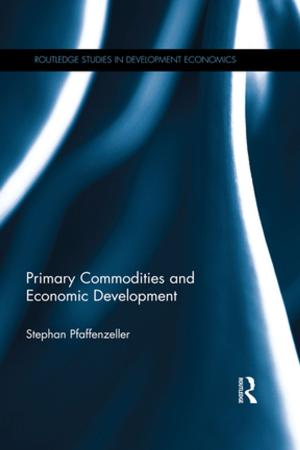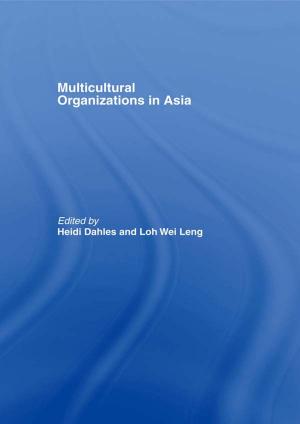| Author: | ISBN: | 9781317279181 | |
| Publisher: | Taylor and Francis | Publication: | December 8, 2016 |
| Imprint: | Routledge | Language: | English |
| Author: | |
| ISBN: | 9781317279181 |
| Publisher: | Taylor and Francis |
| Publication: | December 8, 2016 |
| Imprint: | Routledge |
| Language: | English |
Exploring Children’s Learning: 3–11 years is essential reading for those passionate about supporting children’s learning environments from Early Years to Key Stage 2. By combining learning with important aspects of a broad curriculum content it will inspire and enhance an interest in supporting children’s learning. Individual chapters focus on key areas of the curriculum such as literacy and history, numeracy and science, as well as more general topics such as creativity, assessment and the emotional and behavioural aspects of learning.
The book takes an objective view on control over curriculum and offers practical insights into how supportive learning opportunities can create enjoyable and satisfying lifelong learning habits, preparing children for the challenges they may face in their adult working life.
Whether you dip into chapters, or read through the book as a whole, you will develop your understanding of the complexity of learning and the lifelong effects implicit in this, not only from the individual basis that each child faces in terms of learning how to learn, but also concerning the differences in learning strategies required to successfully negotiate subject knowledge across a range of disciplines.
This book is a must-read for students of Childhood and Education Studies programmes, those undertaking Initial Teacher Training as well as general readers with an interest in supporting children’s learning.
Exploring Children’s Learning: 3–11 years is essential reading for those passionate about supporting children’s learning environments from Early Years to Key Stage 2. By combining learning with important aspects of a broad curriculum content it will inspire and enhance an interest in supporting children’s learning. Individual chapters focus on key areas of the curriculum such as literacy and history, numeracy and science, as well as more general topics such as creativity, assessment and the emotional and behavioural aspects of learning.
The book takes an objective view on control over curriculum and offers practical insights into how supportive learning opportunities can create enjoyable and satisfying lifelong learning habits, preparing children for the challenges they may face in their adult working life.
Whether you dip into chapters, or read through the book as a whole, you will develop your understanding of the complexity of learning and the lifelong effects implicit in this, not only from the individual basis that each child faces in terms of learning how to learn, but also concerning the differences in learning strategies required to successfully negotiate subject knowledge across a range of disciplines.
This book is a must-read for students of Childhood and Education Studies programmes, those undertaking Initial Teacher Training as well as general readers with an interest in supporting children’s learning.
